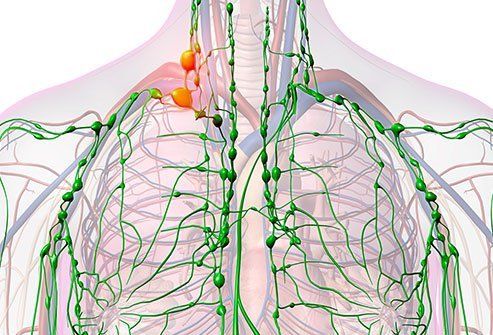Introduction
Sarcoidosis is an inflammatory disease that affects multiple organs in the body, most commonly the lungs and lymph nodes. It occurs when clusters of inflammatory cells, known as granulomas, form in these organs. While the exact cause of sarcoidosis is unknown, it is believed to be triggered by a combination of genetic and environmental factors.

The symptoms of sarcoidosis can vary widely depending on which organs are affected. Some people may experience no symptoms at all, while others may have fatigue, shortness of breath, a persistent cough, skin rashes, or vision problems. Sarcoidosis can also cause organ damage if left untreated.
This article will delve deeper into the causes, symptoms, diagnosis, and treatment options for sarcoidosis, providing a comprehensive understanding of this complex disease.
Causes of Sarcoidosis
The exact cause of sarcoidosis remains a mystery, but researchers believe it likely arises from a complex interplay of genetic predisposition and environmental triggers. While anyone can develop sarcoidosis, it is more prevalent among certain groups, including:
- People of African descent: Sarcoidosis occurs more frequently and tends to be more severe in people of African descent.
- Women: Sarcoidosis affects women slightly more often than men.
- People aged 20 to 40: While sarcoidosis can occur at any age, it is most commonly diagnosed in this age range.
Potential environmental triggers that may contribute to the development of sarcoidosis include:
- Infections: Some researchers suspect that exposure to certain bacteria, viruses, or fungi might trigger the immune system to overreact, leading to granuloma formation.
- Environmental toxins: Exposure to chemicals, dust, or other irritants in the environment is also thought to be a possible trigger for sarcoidosis.
It is important to note that while these factors may increase the risk of developing sarcoidosis, they do not guarantee the development of the disease. Further research is needed to fully understand the complex interplay of genes and environment in causing sarcoidosis.
Symptoms of Sarcoidosis
Sarcoidosis is a multifaceted disease with a wide range of potential symptoms, varying depending on the organs involved and the severity of inflammation. In some cases, individuals with sarcoidosis may remain asymptomatic, with the disease discovered incidentally during routine medical examinations. However, when symptoms do arise, they can manifest in various ways:
- Pulmonary Symptoms: The lungs are the most commonly affected organs in sarcoidosis. This can lead to persistent cough, shortness of breath, chest pain, and wheezing.
- Skin Manifestations: Skin involvement is also common, presenting as rashes, nodules, or discoloration.
- Ocular Symptoms: Sarcoidosis can affect the eyes, causing blurry vision, pain, redness, and sensitivity to light.
- Lymph Node Enlargement: Swollen lymph nodes, particularly in the chest, neck, and underarms, are another characteristic sign of sarcoidosis.
- Constitutional Symptoms: Generalized symptoms like fatigue, fever, weight loss, and night sweats can also accompany sarcoidosis.
Diagnosis and Treatment
Diagnosing sarcoidosis can be challenging, as its symptoms often mimic those of other conditions. A combination of tests is usually required to reach a definitive diagnosis. This may include:
- Chest X-ray: This imaging test can reveal enlarged lymph nodes or abnormalities in the lungs suggestive of sarcoidosis.
- CT scan: Provides a more detailed view of the lungs and other organs, helping to identify granulomas.
- Biopsy: A small sample of affected tissue is examined under a microscope to confirm the presence of granulomas.
- Pulmonary function tests: These tests measure lung capacity and function, aiding in assessing the extent of lung involvement.
Unfortunately, there is no cure for sarcoidosis. Treatment aims to manage symptoms, reduce inflammation, and prevent organ damage. The approach may include:
- Corticosteroids: These powerful anti-inflammatory medications are often the first line of treatment for sarcoidosis.
- Immunosuppressive drugs: In cases where corticosteroids are ineffective or have significant side effects, other immunosuppressant medications may be considered.
- Lifestyle modifications: Adopting a healthy lifestyle, including regular exercise, a balanced diet, and stress management techniques, can help improve overall well-being.
Regular monitoring and follow-up care are crucial for managing sarcoidosis effectively.
Please note that this content is for informational purposes only and should not be considered medical advice. It is crucial to consult with a qualified healthcare professional for any health concerns or before making any decisions related to your health or treatment.





